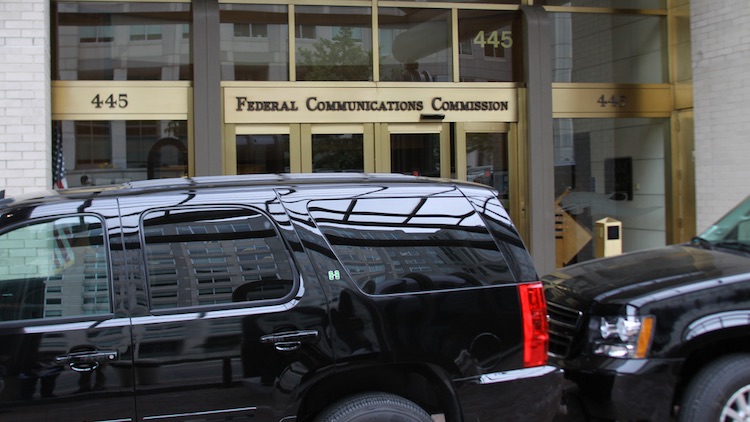Broadband Coalition Proposes New Fixed Wireless Service

The smarter way to stay on top of broadcasting and cable industry. Sign up below
You are now subscribed
Your newsletter sign-up was successful
If one eclectic group gets its way, ISPs will face new high-speed competition for broadband service.
The Broadband Access Coalition has petitioned the FCC to authorize a new point-to-multipoint (P2MP) fixed wireless service and let it share 500 MHz of contiguous "underused" midband spectrum—between 3700 and 4200 MHz.
The service would compete with fixed wireless in areas the coalition says are not sufficiently competitive and extend it to unserved areas.
The coalition—a collection of ISPs, vendors, libraries and advocacy groups—says that would allow for gigabit or near-gigabit service for rural and underserved areas, as well as more competition in the rest of the country.
In a petition for rulemaking filed Wednesday, they tell the FCC the goal is "(1) affordable, high-throughput, last-mile broadband access in rural, exurban and other higher-cost areas, and (2) much-needed competition to incumbent fixed broadband providers in more densely populated areas."
The coalition members argue that most Americans don't have sufficient choice, as well as access, to broadband.
That means overbuilding existing service in some areas they feel are underserved. They say the new service could share with existing satellite earth stations and fixed point-to-point terrestrial service under "a more modern and flexible policy than the one currently in place."
The smarter way to stay on top of broadcasting and cable industry. Sign up below
"Opening this large band of spectrum on a shared basis can rapidly make gigabit broadband service available and affordable in places where trenching fiber is too expensive,” said Michael Calabrese, director of the Wireless Future Program at think tank New America. “The 34 million Americans who lack access to high-speed broadband, as well as the 40% of U.S. schools in need of higher-capacity broadband connections, can hugely and quickly benefit from this proposal.”
They also say it could increase choice of broadband to multiple dwelling units, an issue FCC chairman Ajit Pai is looking into via a notice of inquiry the FCC plans to vote on this week.
Legislators this week have also been drilling down on what the definition of high-speed broadband should be and how that should determine where broadband is considered to be available for the purposes of subsidizing or promoting broadband buildouts.
Contributing editor John Eggerton has been an editor and/or writer on media regulation, legislation and policy for over four decades, including covering the FCC, FTC, Congress, the major media trade associations, and the federal courts. In addition to Multichannel News and Broadcasting + Cable, his work has appeared in Radio World, TV Technology, TV Fax, This Week in Consumer Electronics, Variety and the Encyclopedia Britannica.

